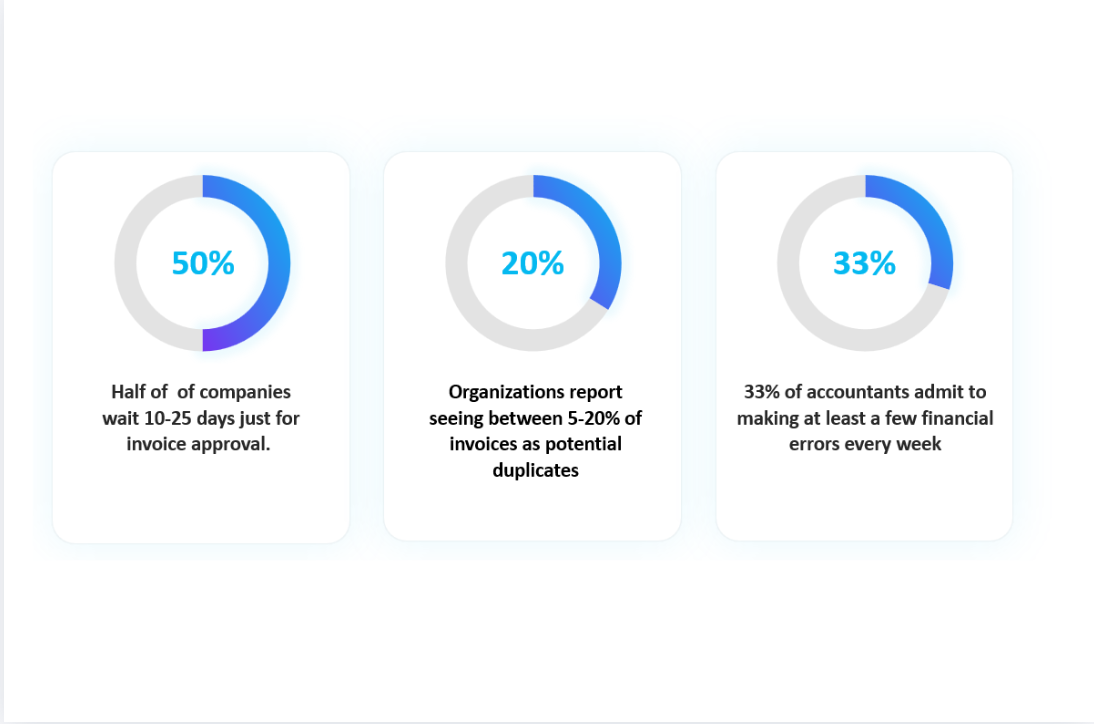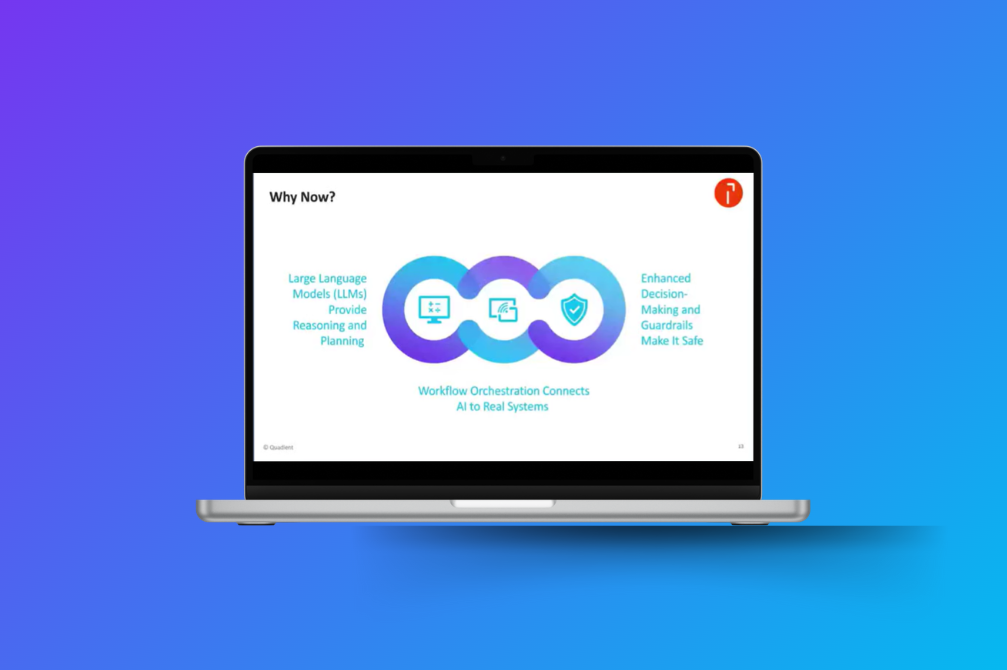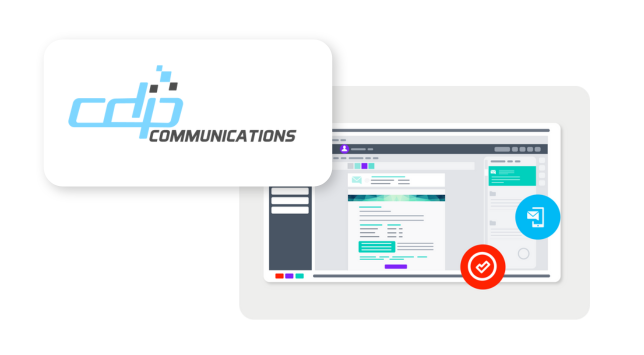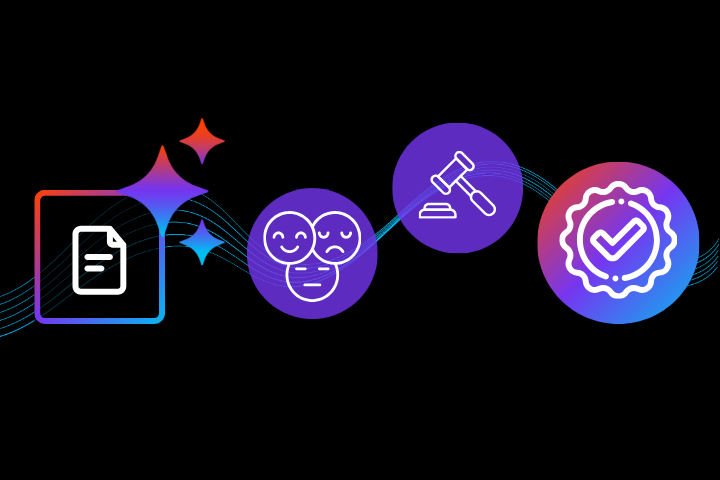Introduction
The UK tax system is changing. The Making Tax Digital initiative (MTD) is having a significant impact on how companies and self-employed business owners manage their taxes, and this includes landlords.
MTD means that from April 2026 landlords must comply with the government’s new requirements and use MTD-compatible digital record-keeping software for tax purposes.
What is Making Tax Digital for Income Tax Self Assessments (MTD for ITSA)
Landlords and self-employed business owners are currently required to do an annual self-assessment tax return, but this system is being replaced by Making Tax Digital for Income Tax Self Assessments (MTD for ITSA).
From April 2026, landlords must be using MTD-compatible software that is capable of reporting income and making tax submissions to His Majesty’s Revenue & Customs (HMRC).

What landlords will be affected?
These changes will initially affect all landlords with an income above £50,000 and in April 2027 the threshold will change so that MTD for landlords will apply to income above £30,000. These thresholds are irrespective of how many properties a landlord owns. MTD rules apply to total income.

Getting started with MTD
Early preparation for MTD involves becoming familiar with what is required by the HMRC and how to be compliant when the changes take effect.
What are the requirements for MTD?
HMRC requires landlords to use MTD-compatible software capable of digital record-keeping for all income and expenses on their property. Records must be made as close to the date of transaction as possible.
The software must allow you to send updates of income and expenses every three months and send end-of-period statements.
A final annual declaration must be sent using the MTD-compatible software or your HMRC online account.
Landlords with more than one business, for example, who are also registered as self-employed (a sole trader), must make separate submissions for each business.
How to register for MTD?
Although the policy doesn’t come fully into effect until April 2026, voluntary registration for MTD can be done through an HMRC-recognised provider of MTD for Income Tax software. An agent may also help with this process and the exact list of requirements is on the Gov.uk website.
Understanding digital records and software requirements
By digital records, the HMRC means that the software you are using must be capable of recording digital copies of receipts for all payments and expenses.
Entering your taxable income
This typically includes fields for different sources of income, such as sales (rental income for landlords), services, or other revenue streams. Allowable expenses are also added, and taxable profit is calculated automatically by the software.
Quarterly updates and returns
The new rules for MTD for landlords include making quarterly updates to the HMRC on income and expenses and sending end-of-period statements using MTD-compatible software.
Keeping records of property income and allowable expenses
Digital records of property income and allowable expenses must be included in your MTD-compatible software. Records must be made as close to the transaction date as possible. Considering these records must be kept for five years, digital record-keeping offers attractive space-saving benefits.
Filing quarterly returns and period statements
Under the new MTD for landlords, quarterly updates on income and expenses must be sent on dates fixed by the government. An end-of-period statement must also be sent. Your MTD-compatible software will inform you of these dates.
Making payments on account and receiving tax credits
As rental income is not taxed at source, HMRC uses the ‘making payments on account system to collect income tax in advance from landlords whose income is above a certain threshold. The amount is calculated on the previous year’s tax return and is paid in two instalments in January and July.
Tax credits may be given to landlords based on working hours, children, and income level, and are applied for through HMRC.
VAT-registered businesses and self assessment tax returns
VAT-registered businesses in the UK have distinct obligations related to VAT and self assessment tax returns. VAT is calculated and paid separately from income tax, yet self-assessment tax returns might include VAT paid and charged for VAT-registered businesses.
Residential and commercial property rental is generally exempt from VAT, however, there are exceptions, and the rules are complex, and a tax expert should be consulted.
Financial obligations in the accounting period
Several considerations come into play: financial record keeping, end-of-period assessment, final declarations, and payments, including payments on account. These same obligations apply to both income tax and VAT; however, both the assessment and payment dates may differ for each.
Dealing with VAT thresholds, returns, and payments
For businesses that reach the VAT threshold of £85,000, VAT must be charged on all goods and services. Taking into account that MTD for VAT is now in place for all VAT-registered businesses, digital records must be kept, and returns made through the MTD-compatible software. VAT payments are made either quarterly or twice yearly.
Rental properties and capital gains tax
Rental properties in the UK are subject to capital gains tax when they are sold if the value of the asset has increased. There are certain annual tax-exemptions in place that may affect CGT and the rate of CGT varies depending on your personal tax rate.
Closing thoughts
The implementation of MTD for landlords represents a big shift in how income tax is managed. With mandatory compliance from April 2026, early preparation, and familiarity with the evolving tax landscape, including VAT obligations, digital record-keeping and HMRC updates, will help landlords to ensure compliance, avoid penalties and optimise financial outcomes.







